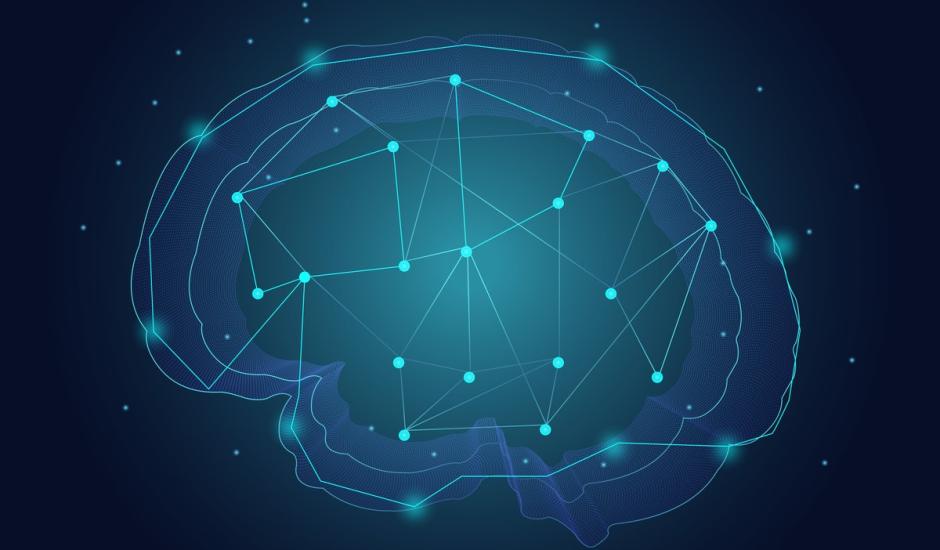ECNL advocates for global and regional legal standards on AI and new tech to be respect fundamental rights.
At the UN, ECNL provided expertise and feedback to the Office of the High Commissioner for Human Rights Report on new technologies and their impact on human rights in the context of peaceful protests. The Report includes our contributions and recommendations both in terms of the physical and digital civic space. It was used as evidence to support the adoption of progressive Human Rights Council tech-related resolutions, which incorporate civic space safeguards.
On the regional level, ECNL represents the Council of Europe (CoE) Conference of INGOs at the CoE Ad Hoc Committee on Artificial Intelligence (CAHAI), a body tasked to work on a future regulatory framework for AI - how it is designed, developed and applied. As an important milestone, CAHAI adopted a Feasibility Study in December 2020. The Study identifies the principles as well as the rights and obligations, which could become the main elements of the AI legal standards based on human rights, democracy and the rule of law. ECNL is now supporting CSOs to take part in the ongoing regulation debate. We provide written guidance and deliver workshops on AI and human rights, so that CSOs are well equipped to shape this key legal instrument.
On the European Union-level, we work with a coalition of CSOs to influence future regulatory framework. We submitted an opinion to the European Commission AI White Paper urging EU policymakers not to put global competitiveness ahead of the protection of fundamental rights. We also joined 46 European CSOs calling for the forthcoming Digital Services Act to create binding transparency rules for online platforms, since their function is crucial to the development of opinions and therefore to the exercise of democracy.
On the national level, ECNL supports national CSOs to position themselves and seek engagement in the drafting of national AI strategy (NAIS), which is first step towards national regulation of AI. Our research and analysis on participatory processes in drafting NAIS has shown promising avenues of meaningful engagement, but also “room for improvement”, which we encapsulate in our country-based work. For example, in Ukraine and Moldova we launched discussions for CSOs and human rights advocates to engage in AI policy making.
By demystifying what AI is, ECNL empowers partners to participate in processes and bring valuable expertise about the impact of AI-based systems on affected and vulnerable communities.
